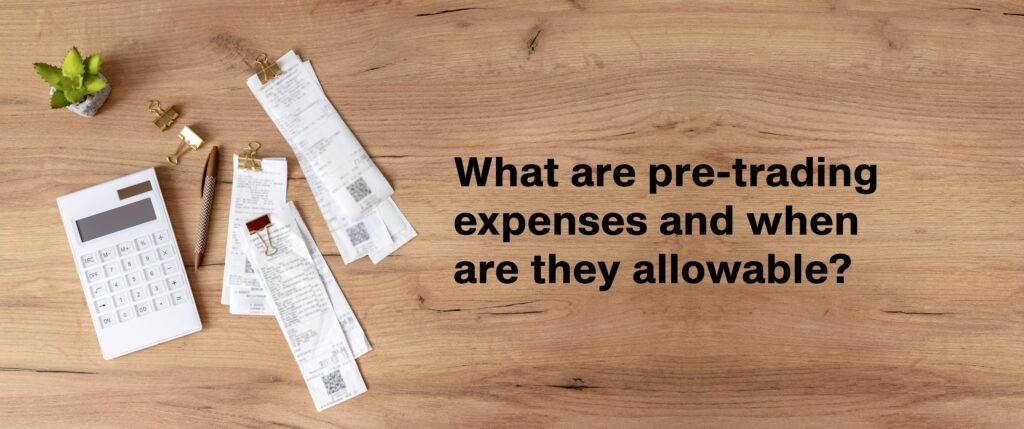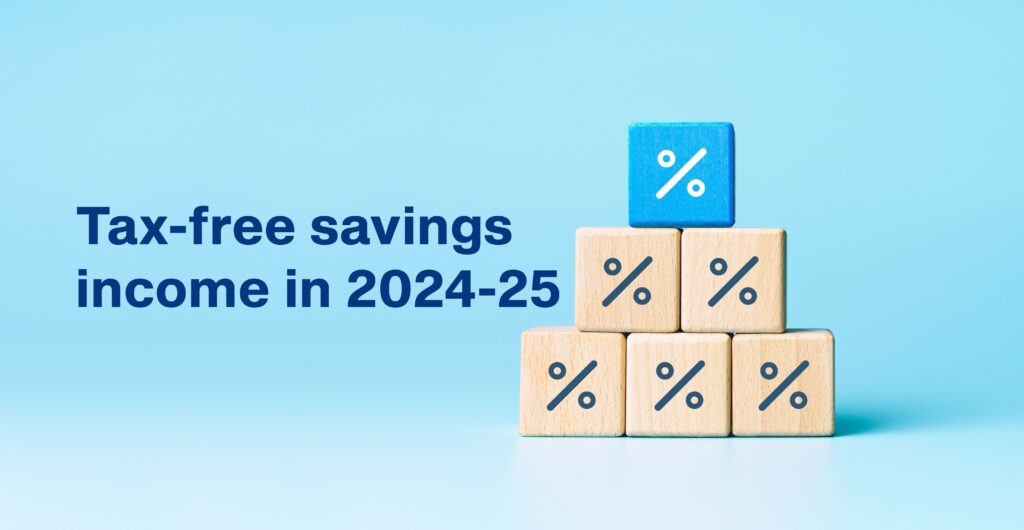
Pre-trading expenses – be aware of the rules
|
|
People set up in business for a variety of reasons but, for some, it’s a dream that eventually becomes a reality some years later – usually after they’ve spent quite a lot of money!
Most, if not all, of these purchases will tax-deductible – i.e., they can either be deducted from your income or including in your pre-trading expenses. It’s important to know the difference between these two.
Pre-trading expenses include everything you spent to get the business operational, for instance:
👉A professional camera you bought so you could get professional photographs taken for a portfolio of work before any trading commenced.
👉Office supplies and equipment
👉Training and marketing expenses.
Which pre-trading expenses are allowable?
The downside of incurring expenditure prior to starting your business is that tax relief for the pre-trading costs is delayed (if the business takes a few years to get going) or can be lost altogether (if the business never actually trades).
Tax legislation specifically allows relief for pre-trading expenses as if they were incurred on the first day your business commenced (or, for companies, the first accounting period) IF certain conditions are met. Relief is available for both self-employed traders and companies for expenditure which:
👉Is incurred in the seven years before the trade, profession or vocation starts,
👉Isn’t otherwise allowable as a tax deduction (i.e., normal expenses),
👉Is incurred ‘wholly and exclusively’ for business purposes (i.e., you would not have incurred these costs had you not set the intention of starting this business), and
👉Would have been allowed if incurred after the business started (i.e., they are allowable business expenses – not all purchases will be!)
📢❕Important! The purchase of stock (which you are planning to sell) is not considered a pre-trading expense since its cost is deductible when calculating profits when trading begins. Similarly, expenditure such as rent paid in advance will not qualify for pre-trading relief as it’s in relation to the period the business is operational.
Some assets are not considered to be pre-trading expenses – BUT you’re allowed to claim capital allowances on pre-trading capital expenditure. This is treated as incurred on the day trading starts. Capital allowances/allowable assets are treated separately from expenses on your tax return – speak to your accountant or ask ours if you need any help with this.
Renting property?
Pre-trading expenses can also be claimed for a property rental business. In this scenario, costs such as management charges and other professional fees may be allowed. Advertising costs are also allowable pre-trading expenses. However, expenses incurred if a landlord has lived in the property prior to renting it out are not allowable.
Transferring from self-employment to a company?
Many self-employed individuals incur pre-trading expenses and then transfer their business into a company. In this scenario, the individual may own 100% of the company but, as the expenses were incurred before registering the company, they cannot be claimed.
One way to ensure pre-trading expenses are reimbursed in this scenario is for the individual to invoice the company once registered to cover such costs with a narrative along the lines of ‘Services to assess the feasibility of project X.’ This way, tax relief is given for costs incurred when claimed by the individual when declaring both their income and the expenses on a self-assessment tax return. Alternatively, the individual may decide to run the business as a sole trader for few months and then start the company later.
📢❕The information in this blog post was correct at the time of writing. Please check with your accountant for the latest information or, if you don’t have an accountant, join the Financial Resilience Hub to get access to one of ours! Alternatively, keep an eye on HMRC’s website for updates.
ABOUT THE AUTHOR

Helen Monaghan is a Chartered Management Accountant, accredited NLP Practitioner & Finance Coach. Both a psychology graduate and an accountancy graduate, she has authored three business books, which beautifully bring together psychology, finance, and tax to empower the reader about money. Helen is the CEO of HM Finance Coaching & Advisory Ltd, a company that provides financial education and business mindset coaching to small businesses across the UK, in addition to accountancy services for limited companies in Scotland and across the UK. Helen is also the founder of The Financial Resilience Hub – find out how we can support you, and your business, to be financially resilient through our monthly membership.
© Helen Monaghan







Responses